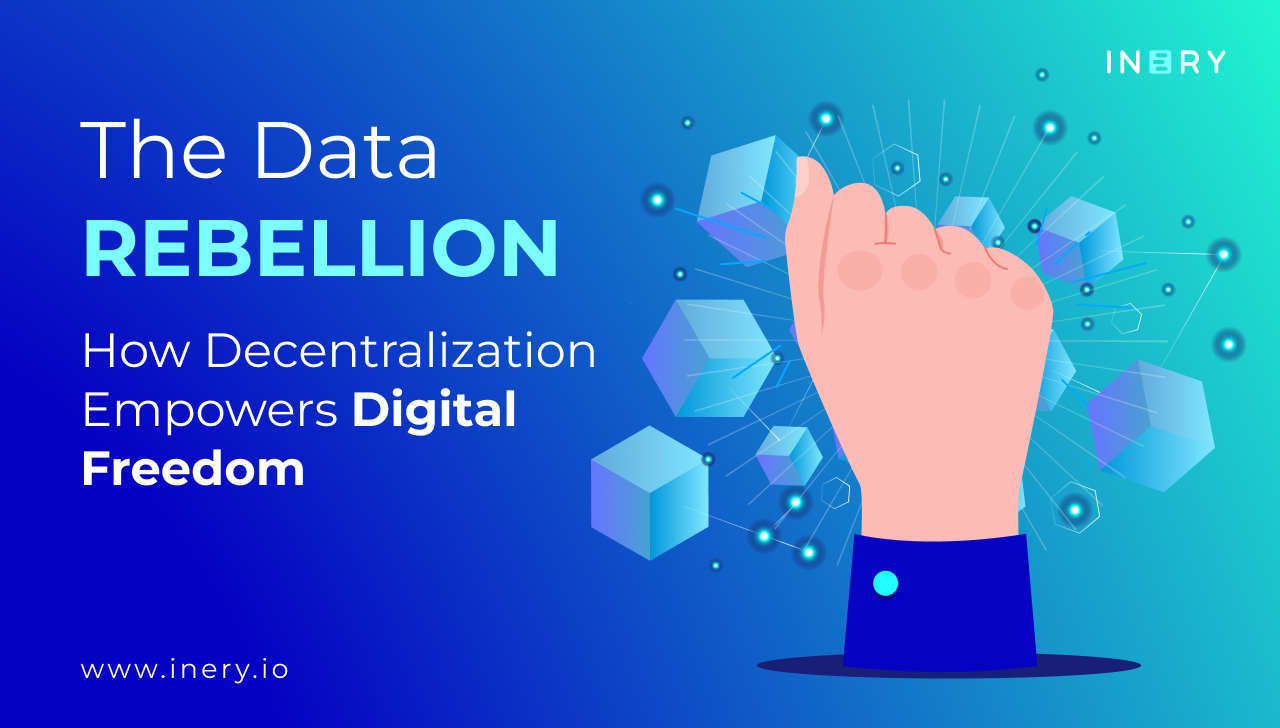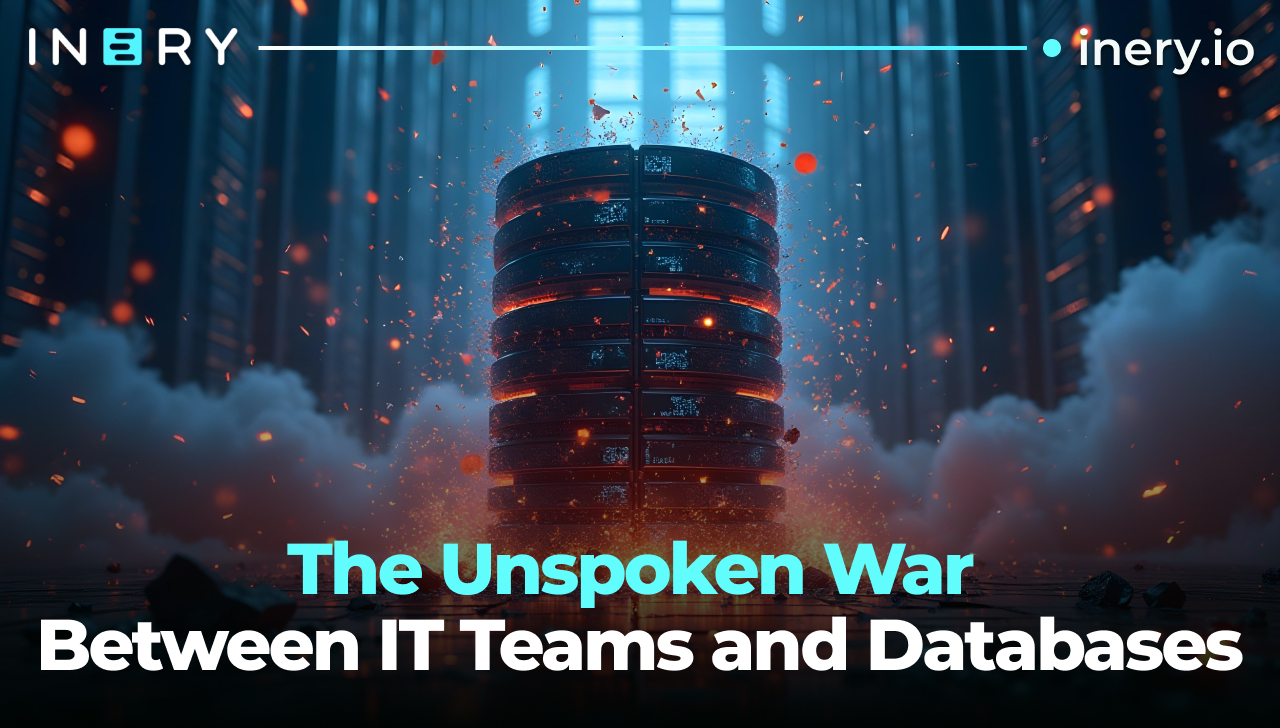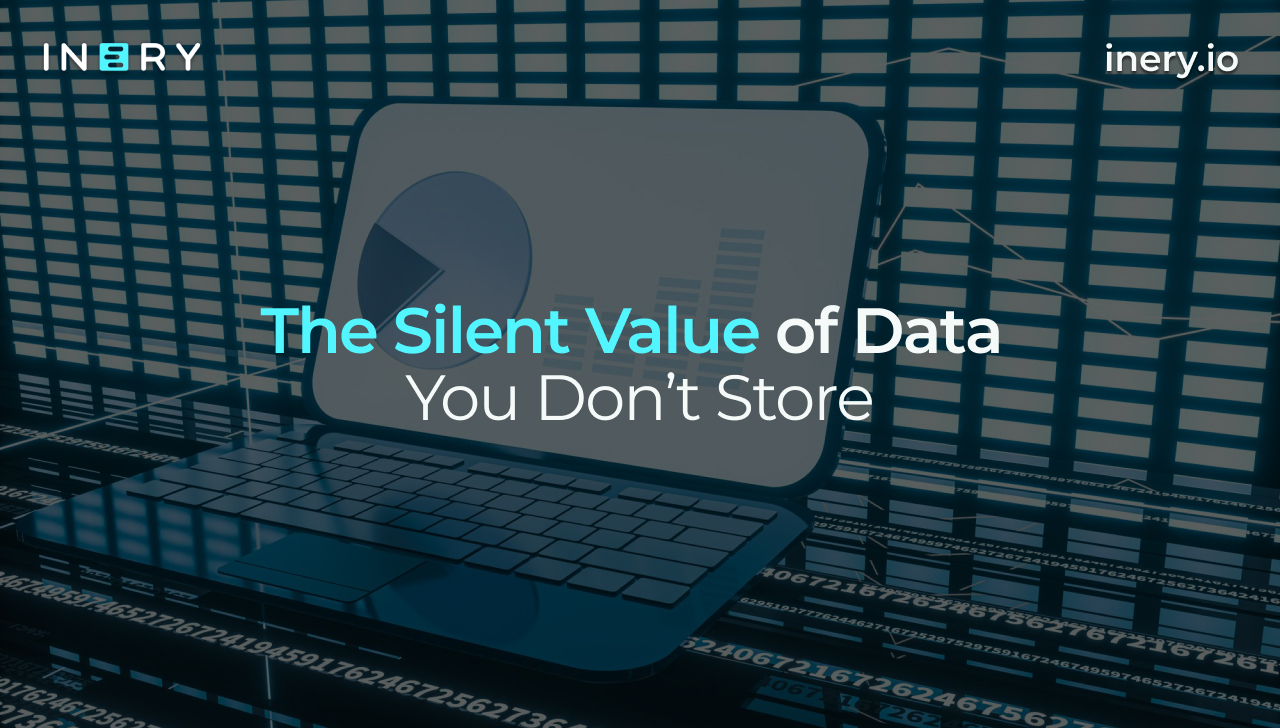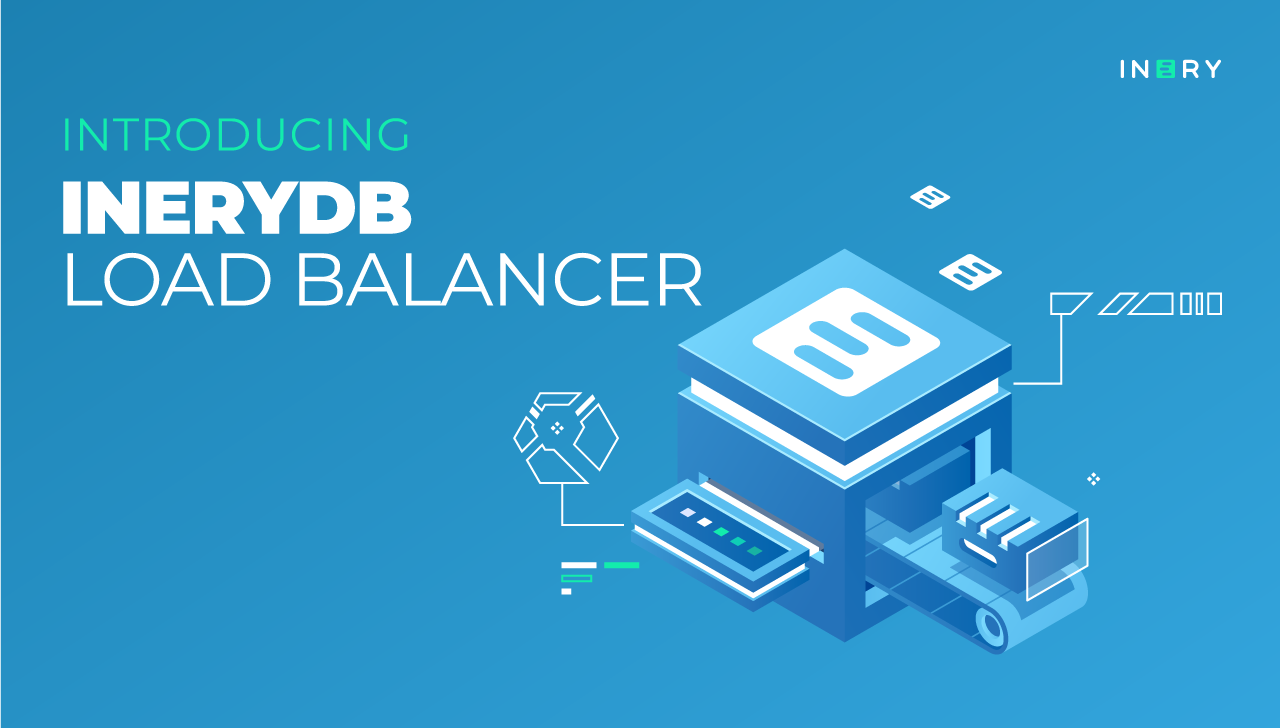SQL Vs NoSQL: When to Use One Over the Other
SQL (Structured Query Language) and NoSQL (Not only SQL) are the main pillars of database management. The question of which one is better has been pretty much surpassed at this point. However, the question of when one is better than the other still makes sense.
Here, we’ll explore the best use cases for SQL compared to NoSQL.
What Is SQL?
Structured Query Language is a domain-specific language for database management. SQL databases are basically collections of structured, logically connected row-and-column tables that store data. The rows store records (e.g., individual clients and their associated data like age, social security number, etc.), while columns hold attributes (e.g., a name column for all clients).
The tables in an SQL database relate to each other with keys that identify records. These keys connect tables based on logical relations between entities (for example, a customer table and order table would be connected through customer IDs).
What Is NoSQL?
As the name implies, NoSQL includes all database structures that aren’t SQL. That’s quite a big category, and it includes widely different models. That said, four NoSQL types have become widely popular:
- Graphs: graphs store elements as clusters of interconnected nodes. And relationships (a.k.a. links) between the nodes are also elements, rather than implied connections through data points. This makes graphs useful in databases where the relationships between elements are important.
- Documents: documents collect data that is commonly accessed together. These objects (i.e., documents) can be easily updated or otherwise changed since they don’t need to have the same number of fields.
- Key-value stores: key-value stores consist of keys and the associated values they retrieve. The value fields can store a wide variety of data: strings, integers, objects, and more.
- Columns (wide-column store): very similar to SQL tables, except data is stored in multiple two-column tables (attribute and ID). It uses a schema-like logic called keyspace, which manages multiple column families, which in turn have rows of columns.
Use Cases for SQL
A few key things about SQL you need to understand are:
- SQL normalizes data in well-defined tables, leaving little wiggle room for unstructured data or big data
- It places an emphasis on integrity and principles like ACID
- Scaling with SQL tends to be done vertically, meaning more processing power is added to existing machines
- It’s significantly older than NoSQL and therefore has plenty of community support for developers
These characteristics imply a number of use cases. Using SQL is ideal in transactions where rigidly defined data needs to remain valid with every transaction, even in spite of errors or miscellaneous mishaps. Ideally, this data doesn’t need frequent updating; on the upside, SQL allows complex queries (basically, detailed orders for a database’s output).
For example, financial apps overwhelmingly tend to operate off of SQL databases. Healthcare data, analytics, and sales records also benefit from SQL structures.
Use Cases for NoSQL
Let’s take a quick look at NoSQL’s key features:
- Data in NoSQL doesn’t need to be as normalized, allowing it to accommodate semi-structured or unstructured data
- Developing NoSQL databases is faster because of less time spent on defining schemas
- It doesn’t prioritize data integrity
- Scaling it horizontally (adding more machines) works very well
- Though growing in popularity, support resources for NoSQL are still less available than for SQL
Flexibility and scalability are NoSQL’s strong suit. If you want to set up a database quickly and make it capable of growing dynamically, NoSQL is worth considering. It’s also a handy option if you’re working in a more decentralized infrastructure, seeing that it scales horizontally.
In terms of best use cases, NoSQL can fill in many roles, though they might not be as high-stake as those covered by SQL. Content management systems, messaging apps, inventory management, and Internet-of-Things sensor data are a few good examples.
If You’re In a Hurry: SQL and NoSQL Compared!
Point of Comparison |
SQL |
NoSQL |
Data structure |
Highly normalized, rigid; best fit for structured data |
Handles semi-structured and unstructured data easily |
Schemas |
Demands a well-defined schema that’s strictly followed |
Dynamic schema; can accommodate different data types with asymmetric field requirements |
Speed |
If designed well, SQL can be very fast |
Some types (e.g., key-value stores) can be extremely fast |
Scalability |
Scales vertically; generally poorer scalability than NoSQL |
Scales horizontally; overall more cost-effective scalability |
Integrity |
Has superior integrity; data is generally more consistent and ACID-compliant |
Integrity is lacking compared to SQL; has eventual consistency and basic integrity |
Availability |
Typically highly available; usually on centralized server, so machine breakdowns can be a big problem |
Since it scales horizontally, it’s more decentralized, so machine malfunctions aren’t as problematic |
Querying |
SQL queries tend to be easier to perform and faster to yield outputs |
Generally harder to do (mainly because of the variety of data and database types) |
Support |
Mature technology, so it has plenty of community support |
Not as many resources available when you’re having database problems |
Good use cases |
Financial apps, healthcare records, data analytics, reporting, sales records, structured databases that don’t change often |
Content management systems, inventory management, messaging apps, IoT, customer experience, media management |
SQL Vs NoSQL: It Doesn’t Have to Be One or the Other
In the SQL-NoSQL debate, it’s easy to get carried away and completely reject the database type you dislike. But we don’t have to be so partisan about it: both SQL and NoSQL have compelling use cases, and they can both exist in a database infrastructure. There are even database solutions for simultaneous SQL and NoSQL management to make integrating the two easier.
As is often the case, the decision to use SQL or NoSQL for certain applications or systems should be decided on an individual basis, factoring in resources like a budget, available expertise, business goals, and a whole host of specifics. This guide is a useful outline for what you may need given your situation, but its recommendation (probably) won’t apply to you completely. But it is a step in the right direction.

Inery•
2 years ago
How Decentralization Empowers Digital Freedom: The Data Rebellion
In the Data Rebellion, decentralization liberates, reshaping how individuals and businesses own data and experience digital freedom. ...READ MORE

Share

Inery•
10 months ago
The Unspoken War Between IT Teams and Databases
Every IT team has been there. Code is ready, deployment is near, then the database decides otherwise. Queries lag, permissions clash, and the blame game begins. Why do databases make life so difficult, and can Inery finally end the cycle? ...READ MORE

Share

Inery•
4 months ago
The Silent Value of Data You Don’t Store
The value of data isn’t only in what you save. Find out how unstored data impacts security, privacy, and decision-making with Inery DLT. ...READ MORE

Share

Inery•
2 years ago
From Code to Solutions: How Developers Drive Progress and Innovation
Discover how developers are the true architects of the digital world, translating code into solutions that drive progress and innovation. ...READ MORE
-1696493909.png)
Share
Most popular today

-1691048052.png)
